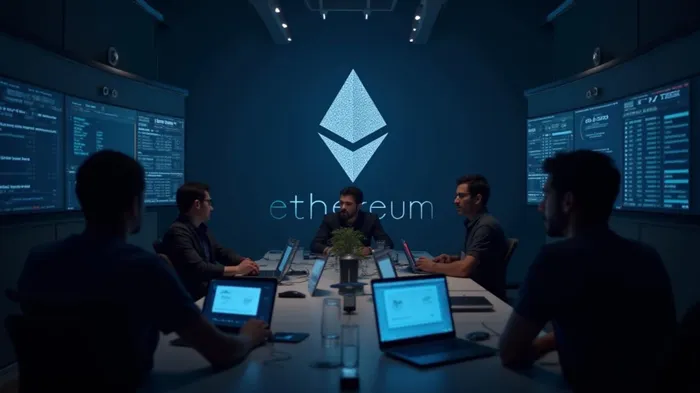Ethereum's Pectra Upgrade Sparks Security Concerns Over EIP-7702
Ethereum's recent Pectra upgrade, which was activated on May 7, introduced a significant mechanism allowing externally owned accounts (EOAs) to temporarily function like smart accounts. This upgrade, particularly EIP-7702, has sparked concerns about potential security risks, with some claiming it could enable hackers to drain wallets through offchain signatures. However, the reality is more nuanced and less alarming than the headlines suggest.
EIP-7702 does not bypass wallet signatures or allow unauthorized access. Instead, it involves signing a special message that grants temporary superpowers. If this message is compromised, an attacker could take control, similar to handing over a private key for a single session. This risk is not due to a protocol failure but rather a potential vulnerability that wallet software publishers need to address.
Security researchers and wallet providers have responded proactively to EIP-7702. For instance, Ambire and Trust Wallet released patches or warnings alongside support for the feature. Wallets that do not yet support EIP-7702 are not suddenly made insecure. However, confusion spread through viral tweets claiming that EIP-7702 made hardware wallets "no longer safe."
Will HennessyHNNA--, a product manager at Alchemy, refuted this narrative, stating that it is a non-issue for end users. He explained that no wallet currently supports signing arbitrary delegations, nor is there a wallet RPC for a dapp to request an arbitrary delegation signature. Mainstream wallets like MetaMask and Ledger do not expose a method for signing EIP-7702 authorization tuples, which are one-time-use permission slips signed by the wallet owner.
However, this is beginning to change. Embedded wallet SDKs, including Alchemy’s own Account Kit, already include a method called signAuthorization that creates valid EIP-7702 signatures. These products can bypass the EIP-1193 standard entirely by bundling their own provider. As wallets begin to natively support smart accounts, this functionality will likely spread.
Hennessy also noted that the article describing signing a message with a wallet from a malicious website is not accurate. It is not possible for any website to request an EIP-7702 delegation signature from an external wallet. However, there is a potential threat vector. Just as existing standards have been exploited in “blind signing” attacks, the same could happen with EIP-7702 if wallet UX isn’t explicit about what the user is delegating and to whom.
In summary, the criticism of EIP-7702 as an “auto-drain” threat is exaggerated. There is no magical backdoor, and attackers still need your signature. However, the phishing risk is there if wallets don’t clearly show the contract, nonce, and scope of a delegation. Users should avoid signing opaque 32-byte hex strings and favor wallets that flag EIP-7702 requests and simulate the delegated contract. Pectra opens the door to powerful smart account features, but users must remember that with great power comes great responsibility.

Quickly understand the history and background of various well-known coins
Latest Articles
Stay ahead of the market.
Get curated U.S. market news, insights and key dates delivered to your inbox.



Comments
No comments yet